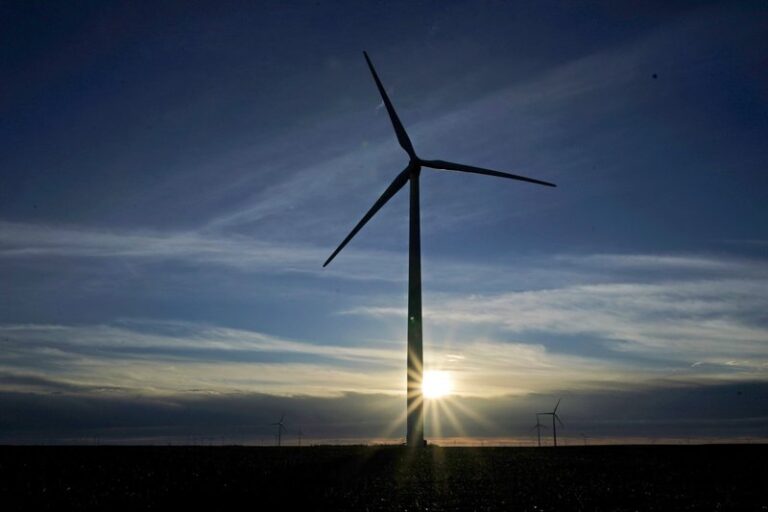
(AP)—Climate isn’t the only thing changing.
What comes next in the nation’s struggle to combat global warming will probably transform how Americans drive, where they get their power and other bits of day-to-day life, both quietly and obviously, experts say. So far the greening of America has been subtle, driven by market forces, technology and voluntary actions.
The Biden administration is about to change that.
In a flurry of executive actions in his first eight days in office, the president is trying to steer the U.S. economy from one fueled by fossils to one that no longer puts additional heat-trapping gases into the air by 2050.
The United States is rejoining the international Paris climate accord and is also joining many other nations in setting an ambitious goal that once seemed unattainable: net-zero carbon emissions by midcentury. That means lots of changes designed to fight increasingly costly climate disasters such as wildfires, floods, droughts, storms and heat waves.
Think of the journey to a carbon-less economy as a road trip from Washington, D.C., to California that started about 15 years ago. “We’ve made it through Ohio and up to the Indiana border. But the road has been pretty smooth so far. It gets rougher ahead,” said climate scientist Zeke Hausfather, climate and energy director at the Breakthrough Institute.
“The Biden administration is both stepping on the gas and working to upgrade our vehicle,” Hausfather said.
The end results of some of Biden’s new efforts may still not be noticeable, such as your power eventually coming from ever-cheaper wind and solar energy instead of coal and natural gas that now provides 59% of American power. But when it comes to going from here to there, that you’ll notice.
General Motors announced Thursday that as of 2035 it hopes to go all-electric for its light-duty vehicles, no longer selling gas cars. Experts expect most new cars sold in 2030 to be electric. The Biden administration promised 550,000 charging stations to help with the transition to electric cars.






